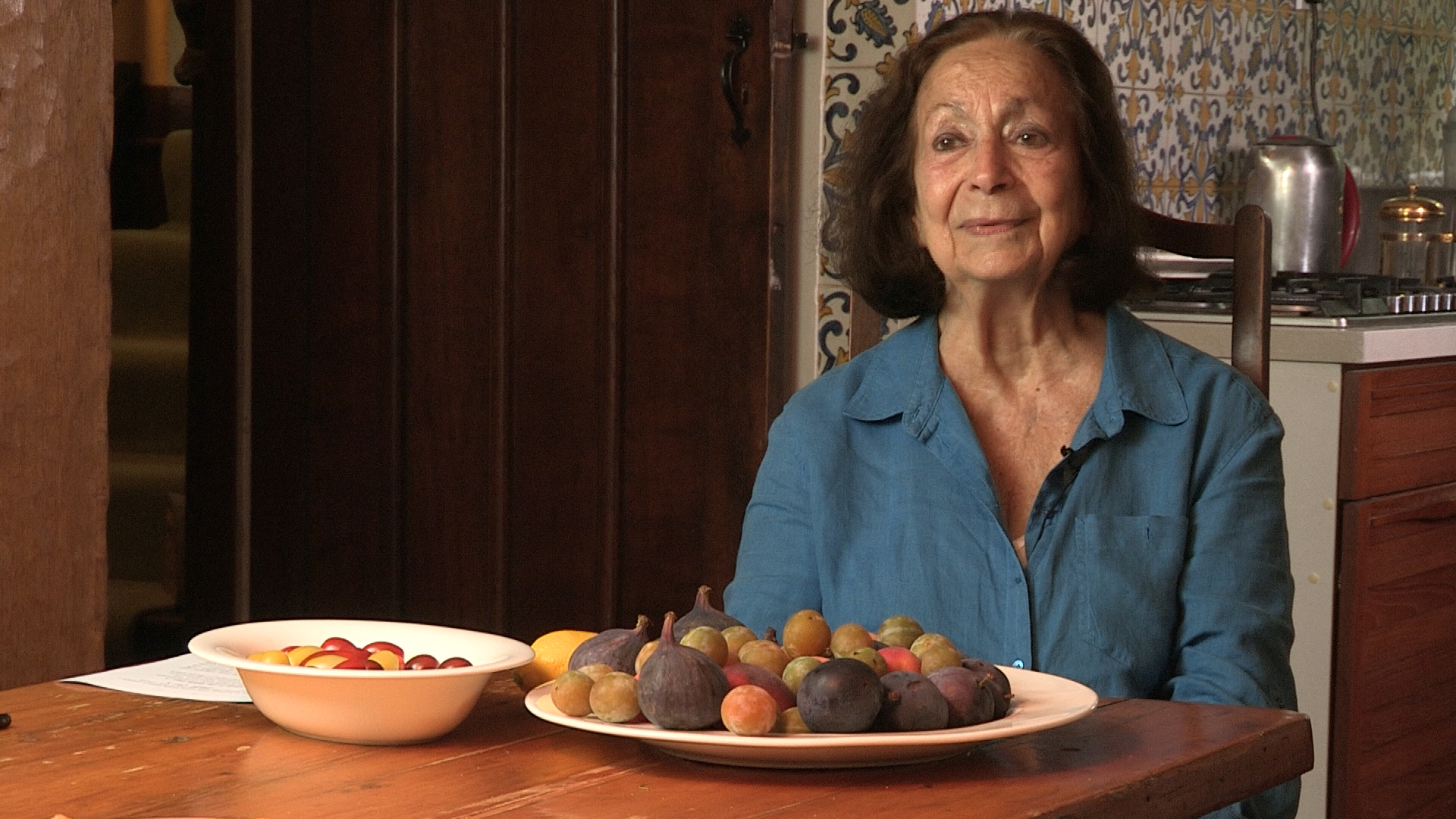NEXT STORY

What did the aristocracy eat?
RELATED STORIES

NEXT STORY

What did the aristocracy eat?
RELATED STORIES


|
Views | Duration | |
|---|---|---|---|
| 81. Aristocratic recipes | 04:36 | ||
| 82. What did the aristocracy eat? | 03:15 | ||
| 83. The Hay Festival Alhambra | 03:22 | ||
| 84. Manolo El Sereno | 03:00 | ||
| 85. Michael Joseph | 02:51 | ||
| 86. One cumin seed can tell you the history | 02:37 | ||
| 87. Cultural influences on food | 03:37 | ||
| 88. What you can learn at a museum of marzipan | 02:50 | ||
| 89. Learning how to make cooking better | 04:32 | ||
| 90. Alicia Rios and other food writers | 1 | 03:43 |


I asked everybody I met for their favourite recipe. But most of the people had been rural families, from rural families rather. Because before the Civil War, before the war, 80% of the population had lived on the land and off the land. It was hardly industrialised. But when I was researching it was the opposite. 80% were people in the cities and 20% of the population was living rural lives and off the land. And so, I took so much, the stories were the stories of life, peasant life in the past. And people were telling me the stories of extreme poverty. When they were eating something that made them ill, which they foraged. Because they still needed to eat something.
So, I suddenly said, 'I've had too many recipes from peasants about the land, and I ought to have some about the aristocracy'. Because Spain has such an aristocracy, it has the biggest aristocracy, or rather the most numerous aristocracy, probably in the whole world, but certainly of Europe and of the Mediterranean. Because they became aristocracy by providing and army for the King. Because Spain's history is a history of regaining their country from the Muslims since the 7th Century, actually. The 8th Century. Actually, in the 7th Century already that the Arabs had come and they had invaded almost the whole of the country. And gradually Spain managed to recapture, and the only way of recapturing is getting people to make up an army and fight for the Kings. The different Kings because there were many regions with different Kings as well. They weren't regions, they were more than regions with their own Kings. And so, the only thing that they could get, and recompense was to become an aristocrat, to become a noble. And so, there were a lot.
So, I said I want a noble. And so, I found somebody who's family was also in Seville, or in the south, actually in Cadiz. And who were wine makers and alcohol makers and sherry makers rather. And she told me her cousin was an aristocrat and I'll find him in Seville. And she'll make the appointment. She gave me his number, I spoke to him, and we were going to meet in a hotel and as usual, I got lost. I went into the wrong hotel, but then I found him. And I could recognise him because she said he is a gourmand. Not only a gourmet, but a gourmand. And so, with him I went around tapas again and he was... actually, his family knew the family of the nun, because she was also from a grand aristocratic family. That's why she had good recipes. But he then... I learnt such a lot from him.
Claudia Roden (b. 1936) is an Egyptian-born British cookbook writer and cultural anthropologist of Sephardi/Mizrahi descent. She is best known as the author of Middle Eastern cookbooks including A Book of Middle Eastern Food, The New Book of Middle Eastern Food and The Book of Jewish Food.
Title: Aristocratic recipes
Listeners: Nelly Wolman
Claudia Roden talking to her granddaughter Nelly Wolman about her life in food.
Tags: Spain
Duration: 4 minutes, 36 seconds
Date story recorded: September 2022
Date story went live: 04 December 2023